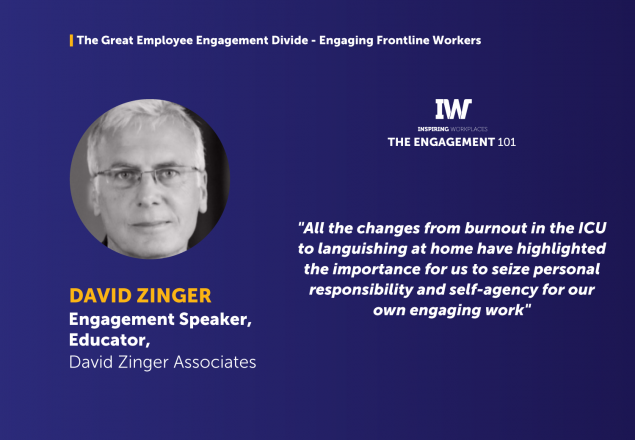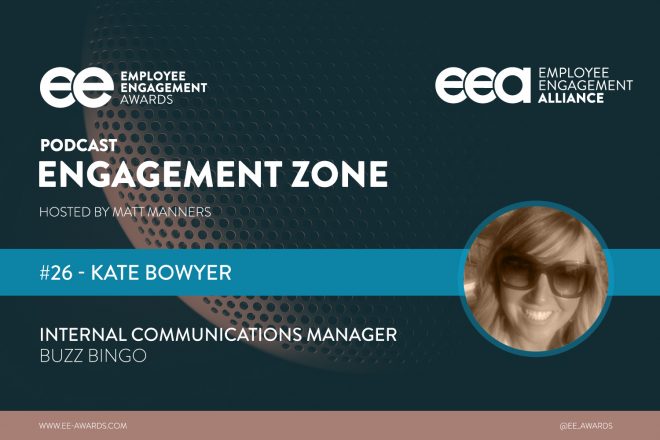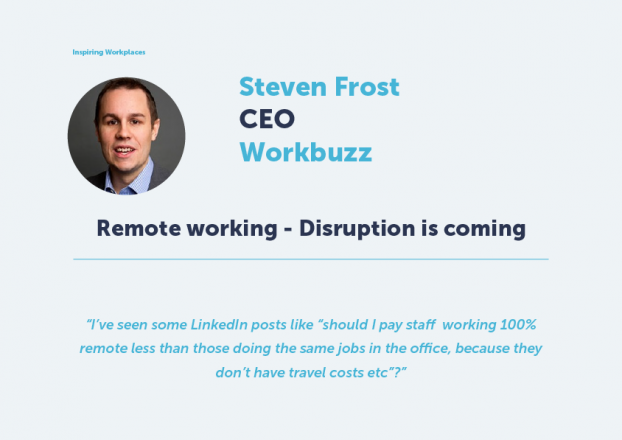
08th October 2024
Effective Communication Strategies for Leaders in the Modern Workplace

In today’s evolving workplace, leaders must adapt communication strategies to rebuild trust and engagement. Key approaches include embracing transparency, practicing active listening, and building trust through consistent actions. These efforts help establish a new social contract, fostering loyalty and creating more resilient, adaptable organizations amidst ongoing workplace changes.
This article was written by Cynthia Pong, JD and published in Forbes.
It used to be that the unspoken rules between employers and employees were clear: loyalty in exchange for job security and steady career progression. But recent workplace shifts—accelerated by Covid-19, remote work, and economic recessions—have disrupted this traditional social contract.
Leaders today face a critical challenge: how to communicate effectively in an environment where trust is broken and employee expectations have fundamentally changed. According to a 2024 Gallup report, 67% of employees in the United States and Canada are either not engaged or actively disengaged at work, and 49% intend to leave their jobs.
The psychological contract in the workplace—once characterized by long-term employment and clear career ladders—has given way to a more fluid, tenuous relationship. Job security is no longer guaranteed, work-life boundaries are blurred at best, and career paths are no longer linear. This shift has left many employees feeling disconnected and disenchanted.
For leaders, the stakes are high. Employee trust, engagement, and productivity hang in the balance. The challenge lies in rebuilding connections and maintaining effective teams in this new landscape.
Leaders must forge a new social contract with employees. This agreement would acknowledge that we are all subject to economic and societal forces beyond our control, and that employers can no longer offer the guarantees they once did. Crucially, the new social contract would be founded on a commitment to renegotiating a way forward together.
While long-term job security and routine wage increases or promotions may no longer be the norm, more flexible hours and location requirements, plus access to occasional special projects, may now be possible. It’s worth highlighting what workers gain, not only negative aspects of the new social contract norms across industries.
Here are three key strategies for leaders to effectively communicate with employees as this new agreement takes shape:
Embrace Transparency And Honesty
In times of uncertainty, clear and honest communication is critical. As vulnerable as it may feel, practice being upfront about organizational changes and challenges. Although there are often legal considerations and business imperatives, effective leaders will find a way to regularly share updates—even when the news is uncertain or unfavorable.
Tactical advice: Schedule monthly town halls or team meetings with time allotted for group discussions. Use these opportunities to address employee concerns directly and transparently.
Read the article in full here: How Leaders Can Effectively Communicate In Today’s Workplace







